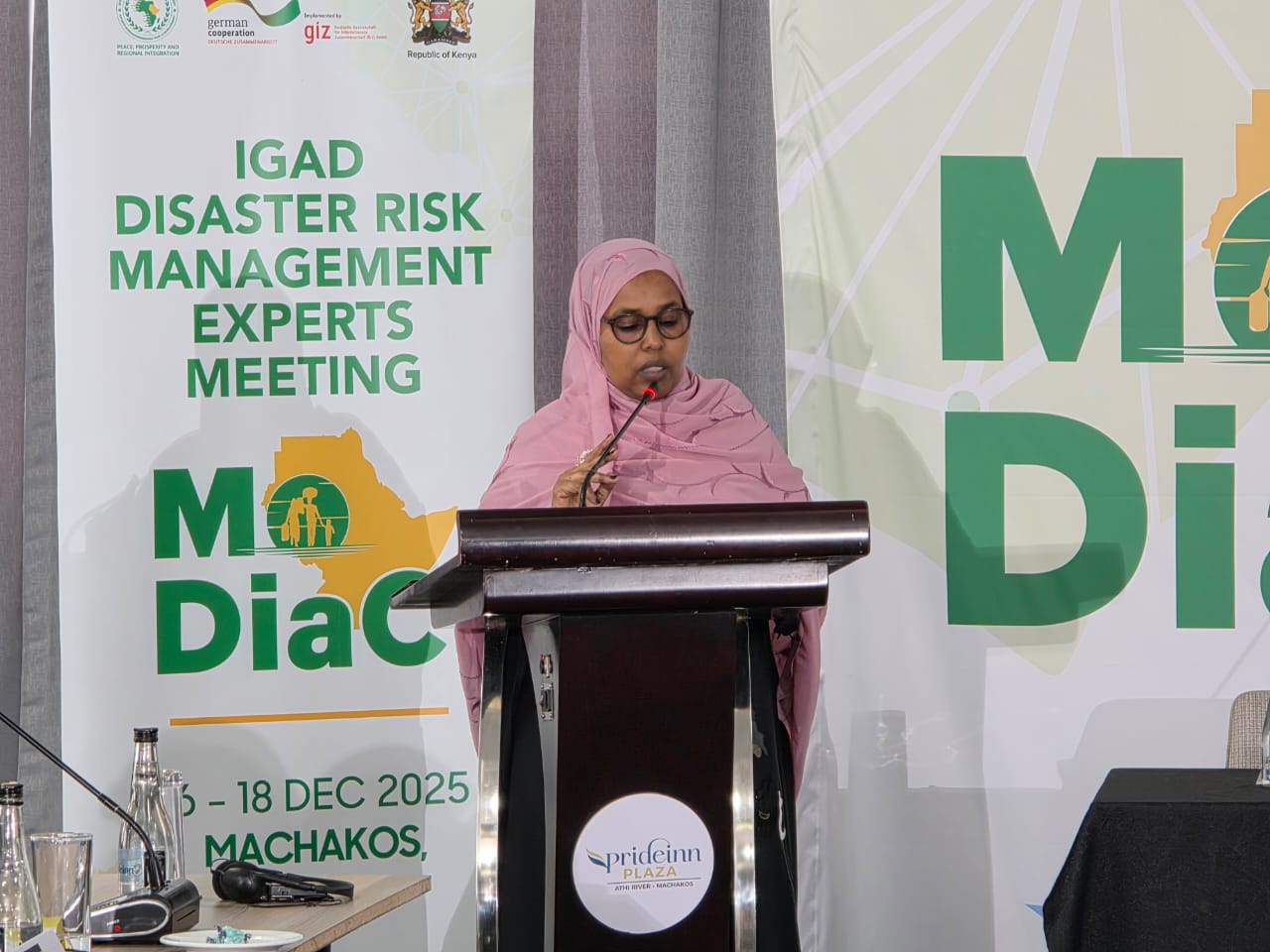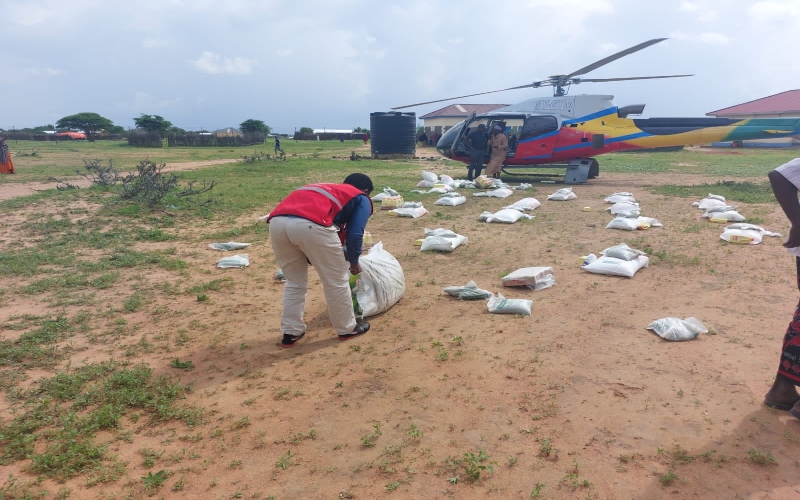Cholera prevention: What you should know about how to prevent the spread

As of April 6, at least 97 cases—including a 1-year-old child—and six deaths had been reported across Migori, Kisumu and Nairobi counties.
This week, the Ministry of Health officially declared a cholera outbreak in several parts of the country, including Nairobi, urging Kenyans to stay alert and take preventive measures.
As of April 6, at least 97 cases—including a 1-year-old child—and six deaths had been reported across Migori, Kisumu and Nairobi counties.
More To Read
- Climate change is making the world sick: COP30 report links climate change to new disease hotspots
- Sudan records nearly 2,000 cholera deaths as conflict exacerbates outbreak: Africa CDC
- Cholera vaccines: What you need to know and why they matter
- MSF raises alarm over worsening cholera epidemic in DRC, over 58,000 cases reported
- Severe flooding affects over 960,000 in South Sudan: UN
- UK, African researchers join forces in Sh1.4 billion battle against bilharzia
Cholera is a highly contagious waterborne disease caused by the Vibrio cholerae bacterium. It spreads through contaminated food and water, particularly in areas with poor sanitation and limited access to clean water.
Symptoms typically appear within hours to five days of infection and may include:
-Sudden watery diarrhoea
-Vomiting
-Muscle cramps
-Severe dehydration
If not treated quickly, cholera can cause rapid dehydration and death.
If you show cholera symptoms, seek immediate medical attention. Start taking oral rehydration solution (ORS) at the first sign of diarrhoea to prevent severe dehydration.
How to protect yourself and your family
The Ministry of Health, in collaboration with county governments, has deployed rapid response teams and stepped up public health awareness. Still, the most effective protection starts at home:
1. Personal hygiene
Wash hands regularly with soap and clean water—especially after using the toilet and before eating or preparing food.
Handwashing stations in public areas should be equipped with soap and water, or use hand sanitizer with at least 60 per cent alcohol.
2. Safe water and sanitation
Drink only clean, boiled, chlorinated or treated water. Avoid untreated water from open sources like rivers and streams.
Store water in clean, covered containers.
Use proper toilets and ensure safe disposal of human waste.
Disinfect surfaces and food preparation areas regularly.
3. Food safety
Wash and cook food thoroughly using clean water.
Be cautious when eating from street vendors.
Keep raw and cooked foods separate to avoid cross-contamination.
Reheat leftover food thoroughly before eating.
4. Seeking treatment early
Begin taking ORS at the first sign of symptoms.
Visit a health facility for proper treatment—avoid self-medicating or using unverified traditional remedies.
Current hotspots
According to the Ministry of Health, the following areas have been most affected: Migori County: 53 cases, 1 death (Suna East, Suna West, Kuria East, Kuria West) Kisumu County: 32 cases, 4 deaths (Nyando, Muhoroni), airobi County: 12 cases, 1 death (Kasarani, Embakasi East, Embakasi Central, Roysambu, Kibra, Dagoretti South)
"We are on high alert in all counties. Surveillance and public awareness efforts have been intensified to swiftly respond to any cases. We urge all Kenyans to remain cautious and proactive," Health CS Aden Duale stated.
The Ministry of Health has enhanced surveillance, trained health workers, and launched community outreach programs through media and local health promoters. Efforts to distribute clean water, sanitation supplies, and educational materials are underway.
Cholera is preventable. With proper hygiene, safe food and water practices, and timely medical attention, lives can be saved.
Stay informed. Stay clean. Stay safe.
Top Stories Today












































